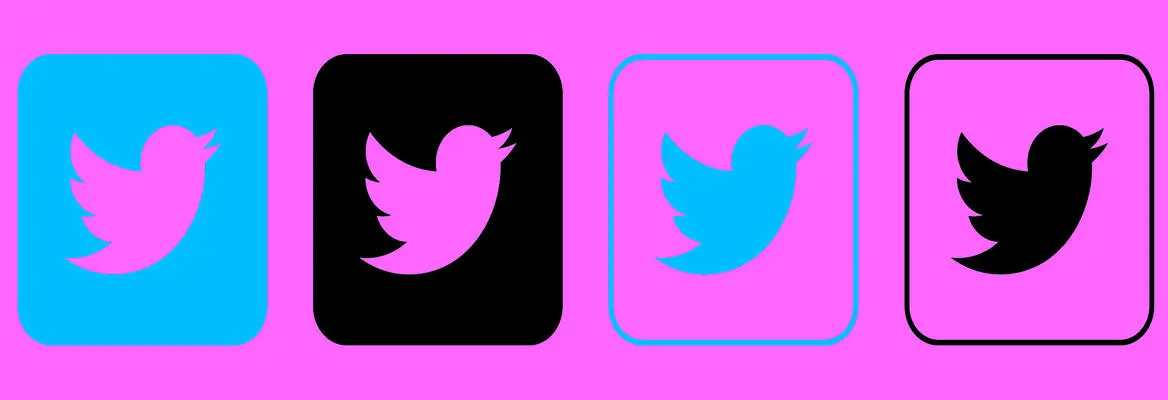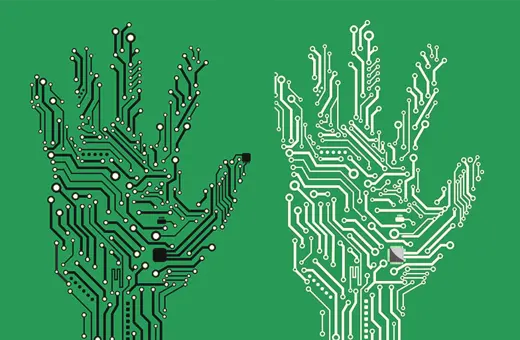Elon Musk is trying to frame his $44bn takeover of Twitter – what he dubs the “digital town square” - as a crusade to protect free speech. Musk, who is a self-proclaimed “free speech absolutist”, has implied that Twitter should amend its content moderation policies. However, in a world where social media and search engines have become integral to how people find and access information and news online, an approach focused only on a negative rights philosophy won’t be sufficient. Hence, we need positive safeguards to introduce and promote public interest objectives in the governance of social media platforms, writes Eleonora Maria Mazzoli.
Despite the raising concerns and criticism towards the acquisition of Twitter by the billionaire Elon Musk, on April 26th the board of Twitter has agreed to a $44bn takeover, sending shockwaves across the Internet. Musk, who is self-declaredly a “free speech absolutist”, stated in his “victory” tweet that “free speech is the bedrock of a functioning democracy, and Twitter is the digital town square where matters vital to the future of humanity are debated”, calling for “significant improvements” in the services, including in its content moderation and curation practices of this online platform in order to “unlock its tremendous potential”.
 SUGGESTED READING
Moderating Twitter's Moderators
By Peter Godfrey-Smith
In the midst of these developments, we should stop and reflect on the implications that this takeover might have for today’s online media environment. As stated by Professor Victor Pickard, Musk’s statements leading up to the buy-out contained troubling clues about his hopes and ideas for Twitter. Beyond some of the arguably simpler and yet unconventional proposals, such as advocating for an edit button, Musk has implied that Twitter should amend or even abandon its content moderation policies and follow his preferred version of free speech. While these may at first appear as empty statements of “a billionaire splurging on a new hobby”, any significant changes in these practices will still have relevant implications for freedom of expression, media freedom and pluralism online.
SUGGESTED READING
Moderating Twitter's Moderators
By Peter Godfrey-Smith
In the midst of these developments, we should stop and reflect on the implications that this takeover might have for today’s online media environment. As stated by Professor Victor Pickard, Musk’s statements leading up to the buy-out contained troubling clues about his hopes and ideas for Twitter. Beyond some of the arguably simpler and yet unconventional proposals, such as advocating for an edit button, Musk has implied that Twitter should amend or even abandon its content moderation policies and follow his preferred version of free speech. While these may at first appear as empty statements of “a billionaire splurging on a new hobby”, any significant changes in these practices will still have relevant implications for freedom of expression, media freedom and pluralism online.
___
___
Let us then take a step back and look at Twitter’s recent developments in this area. In the past year, Twitter has been actively working to establish itself as a defendant of “the open internet” not only through advocacy campaigns and stakeholders coalitions, but also through practical improvements in its content moderation and curation practices, as well as, in its transparency and accountability frameworks. Ranking Digital Rights (RDR), an independent research think tank, has benchmarked all big tech companies, including US-based social media platforms, against standards that set high but achievable goals for corporate transparency and rights-respecting policies. In their 2020 Ranking Index, Twitter actually featured as “the best of the worst”, scoring higher than all other platforms they evaluated (See Fig. 1), because in comparison to its Silicon Valley counterparts, the company was more transparent about actions it took to remove content and suspend accounts for violations to its platform rules, and it also significantly improved its transparency about ad content and targeting rules. But, admittedly, “the bar was dismally low”. Plus, these efforts came after numerous public pressures from NGOs, researchers and policymakers who – for years - have been calling for significant changes and improvements in content moderation practices of social media companies.

Fig. 2. 2020 RDR Index Ranking for Digital Platforms
(Source: 2020 Ranking Digital Rights Corporate Accountability)





















Join the conversation